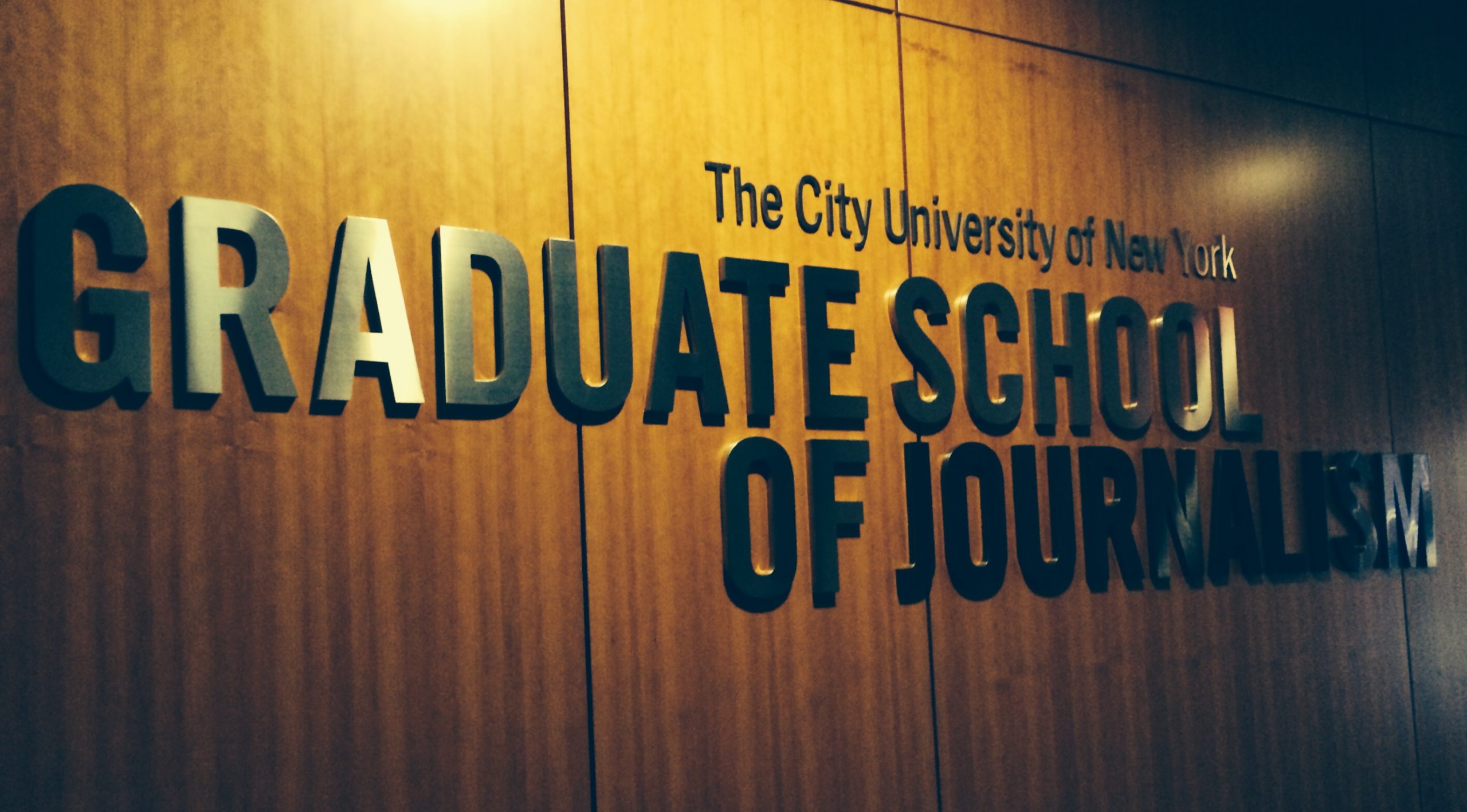This past October, CUNY’s Newmark Graduate School of Journalism continued its decade long tradition of offering the Entrepreneurial Journalism Creators Program. Although the program is normally conducted in-person at the school’s New York City campus, for the first time, it is fully online.
Jeremy Caplan, director of teaching and learning at the Graduate School, cited flexibility and increased opportunity as significant factors in prompting the switch. Writing in a Medium blog post, Caplan acknowledged that “many journalists are realizing they not only can — but want to — operate independently. They display a hunger for … moving beyond the legacy employer and going it alone.” Caplan sought a program that was more reflective of what he calls “the media ecosystem” as it exists today, one in which more and more people are turning away from “legacy news organizations” in favor of more individualistic production alternatives. The revamped program, per the journalism school’s website, “allows for mostly asynchronous learning so that participants in any timezone … can proceed at their own pace.”
Many of the fundamental aspects of the original program have been retained. It still features an “all-star team” of experienced figures in the fields of journalism and media production who complement faculty from the journalism school. Its goals remain to guide aspiring entrepreneurs in the development of their brand and products. The program has simply adapted to adequately provide for students who would otherwise be unable to participate due to barriers of inequity.
In spite of the fact that many educational courses and programs have gone online due to COVID-19, Caplan clarified that the plan for a digital course was curated prior to the pandemic’s onset. He acknowledged the timeliness of the program’s online launch: “… the only role COVID-19 had was to reaffirm the value of offering a program that people could participate in without having to move to New York City.”
The benefits of an asynchronous, online program are readily apparent, even before the conclusion of the inaugural edition. Caplan revealed in a separate blog post that the online program received applications from 56 distinct countries, a definitive testament to its worldwide appeal. In the end, the program accepted candidates from 11 countries. 60 percent of this pool are people of color and 65 percent are women. These figures are in line with the journalism school’s website, with the stated goal of “more journalism entrepreneurs … [that] come from and cater to underrepresented communities.” In addition, the tuition for the new-look program is $4,000 down from the previous cost of $10,000, a change which can be attributed to the fact that, in general, fewer resources are needed for online learning.
Caplan’s goal for those in the program is that they leave “with new project momentum and a head start toward sustainability.” Journalism entrepreneurs, upon completion of the certificate, will have the tools necessary to establish their own niche in the industry as “armies of one” with “real-world, actionable insights” and personalized projects that are adapted to the changing landscape of news media.
Although the current program is already underway and concludes in January, those interested in participating are encouraged to apply for the Spring 2021 iteration.













